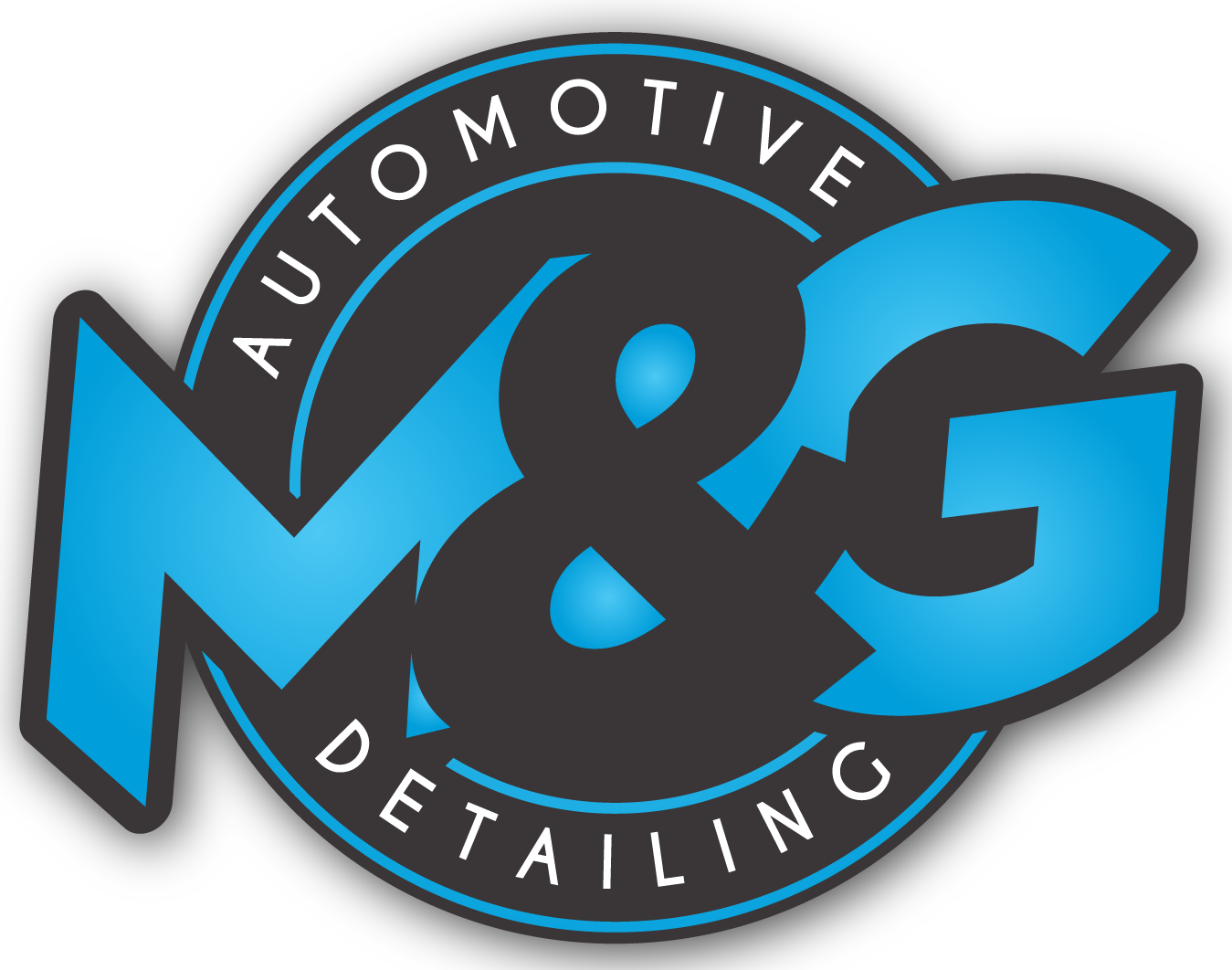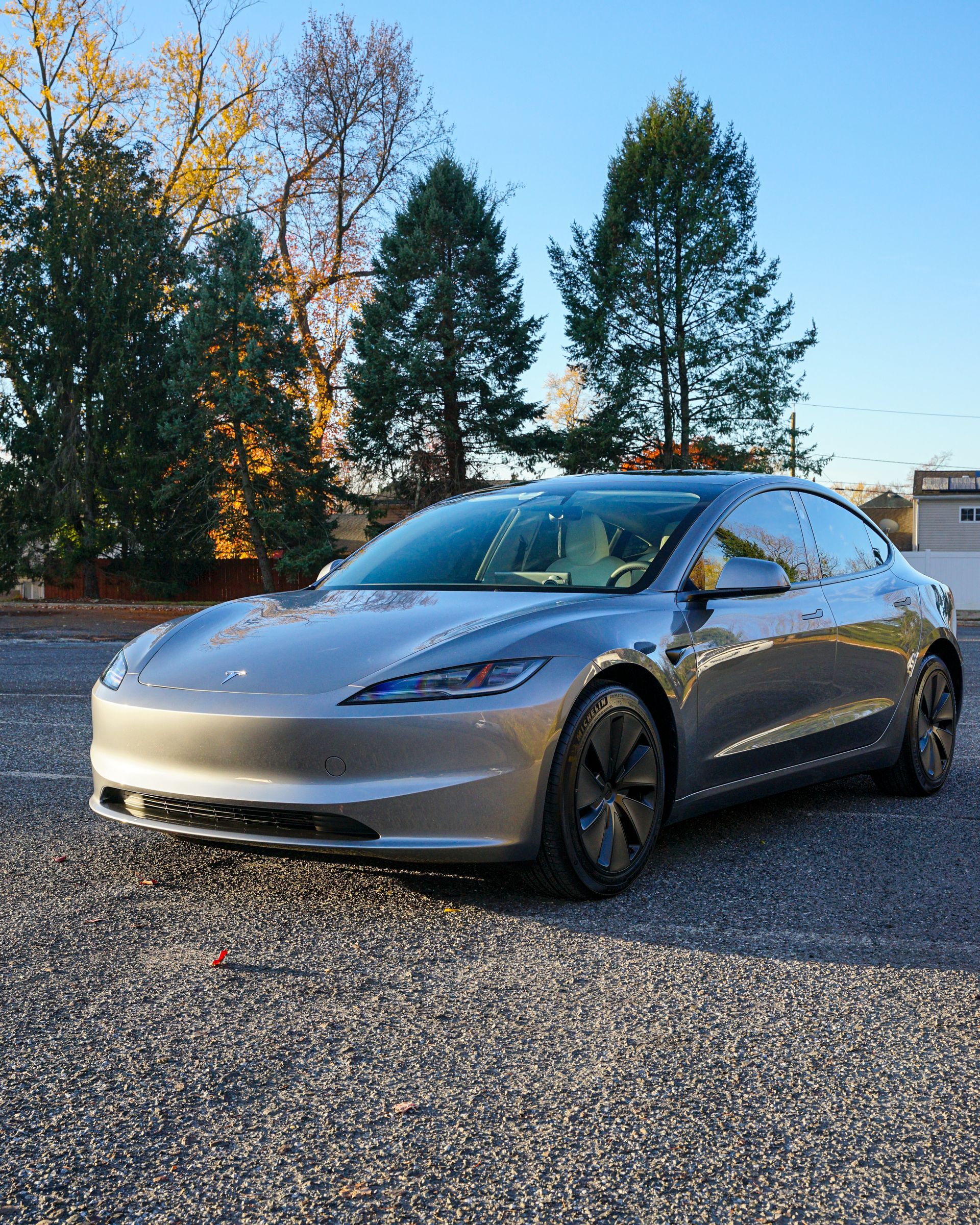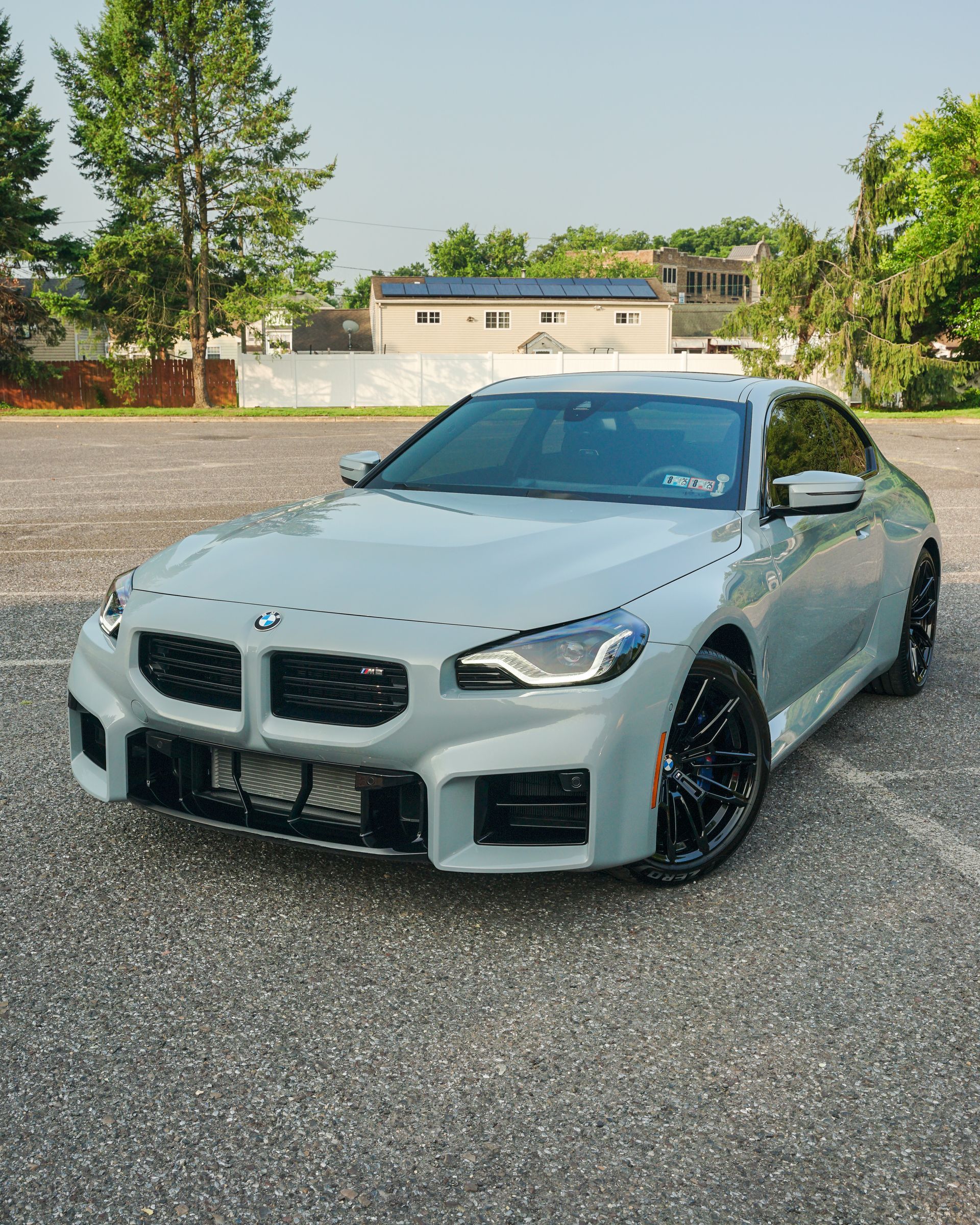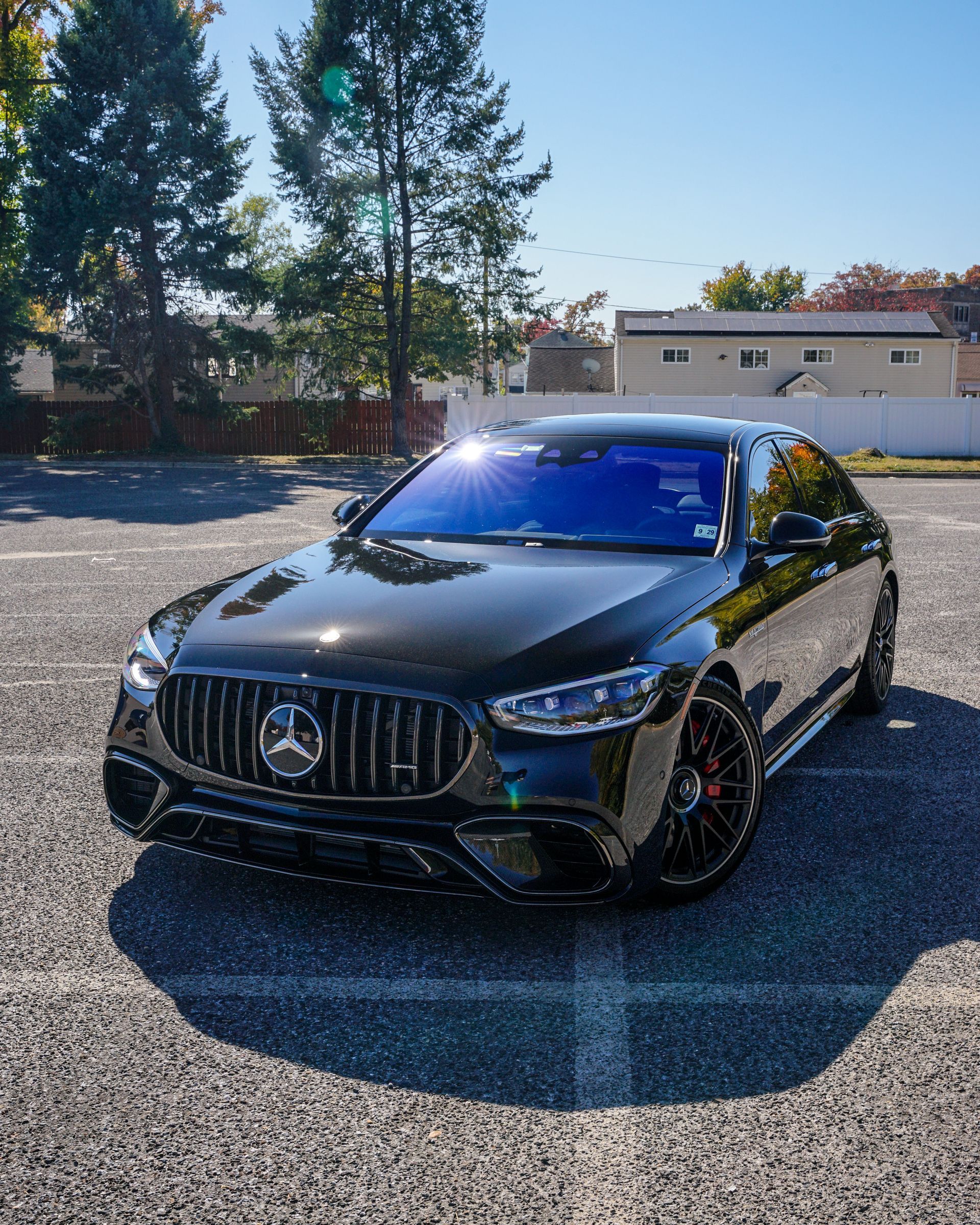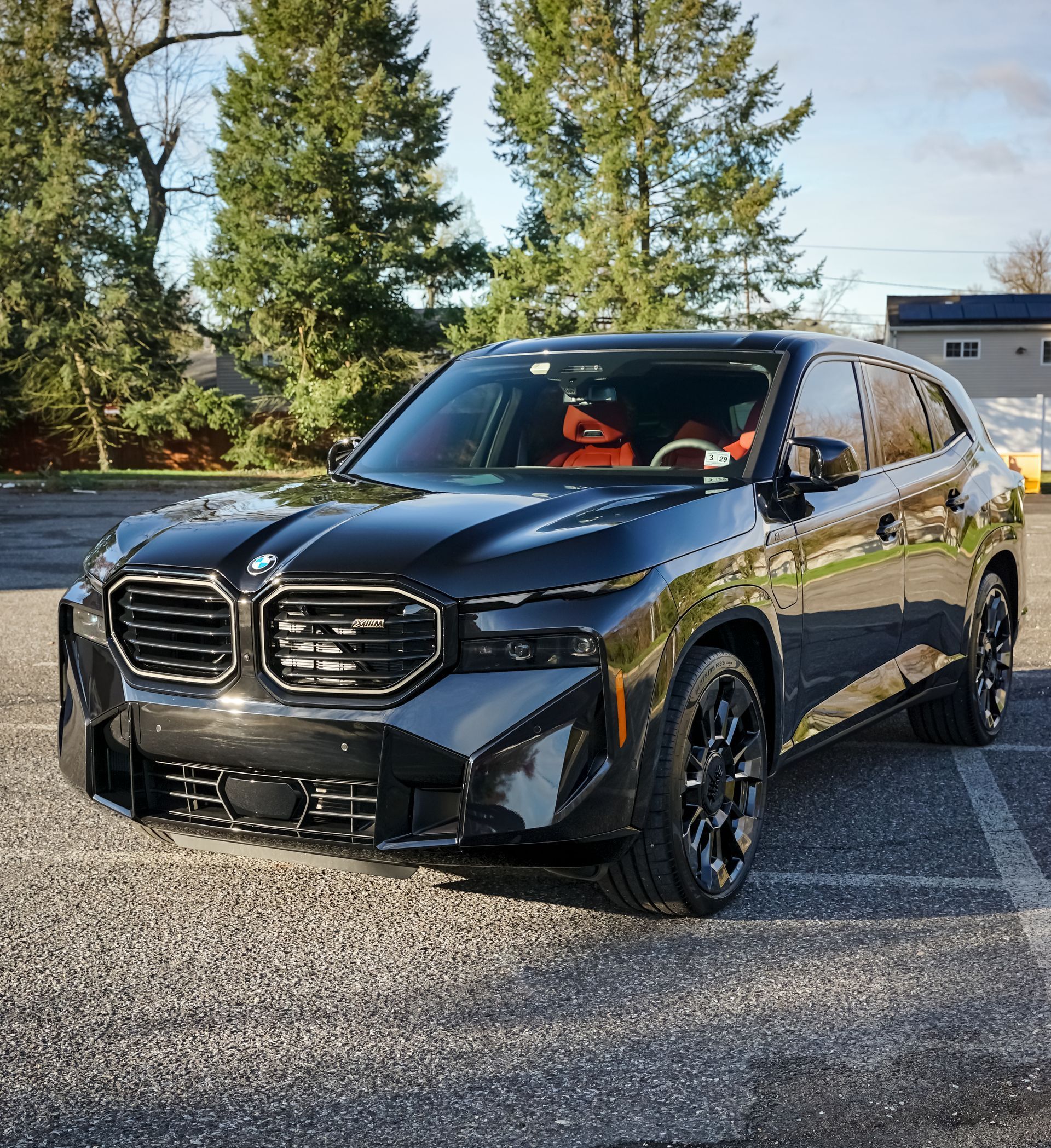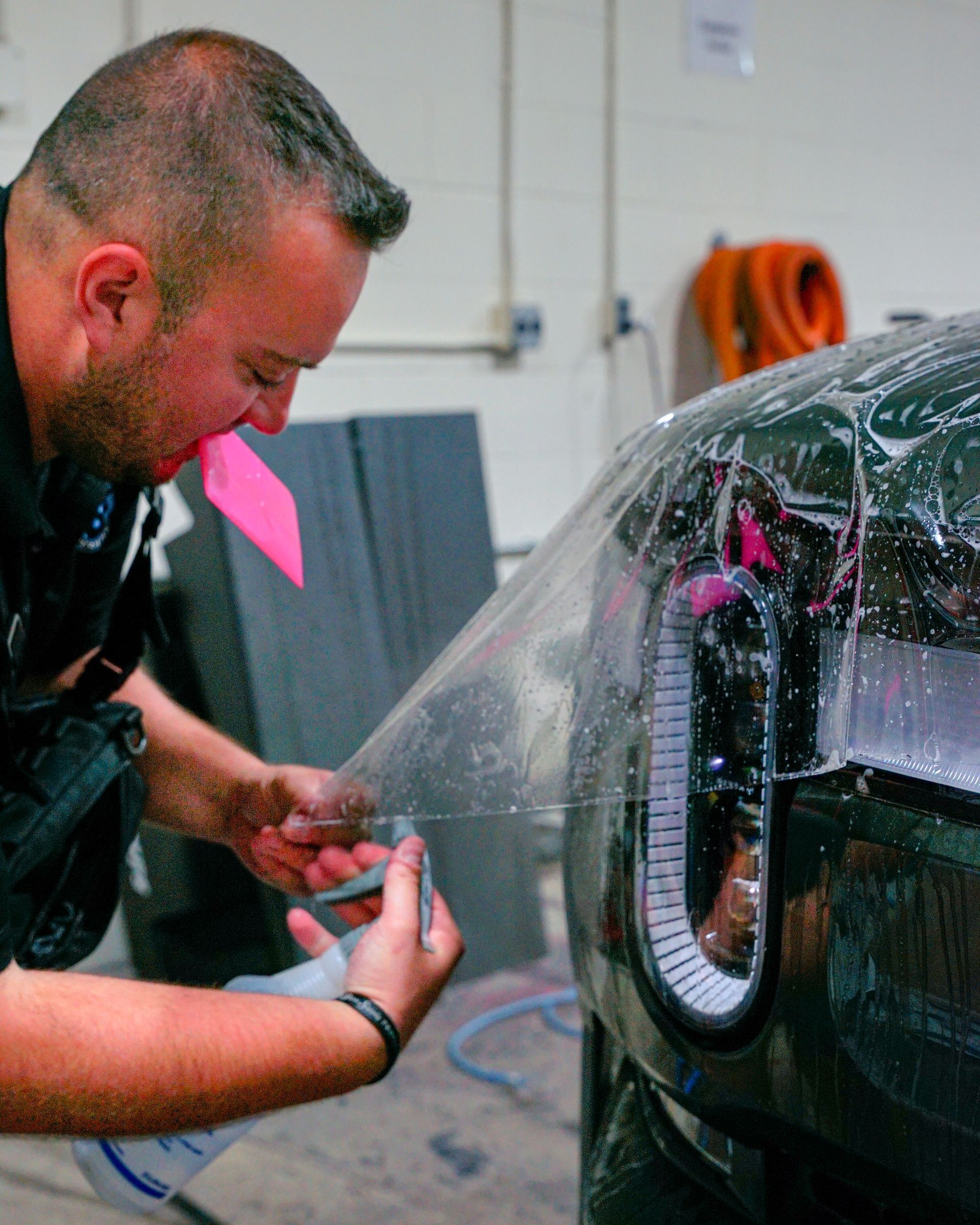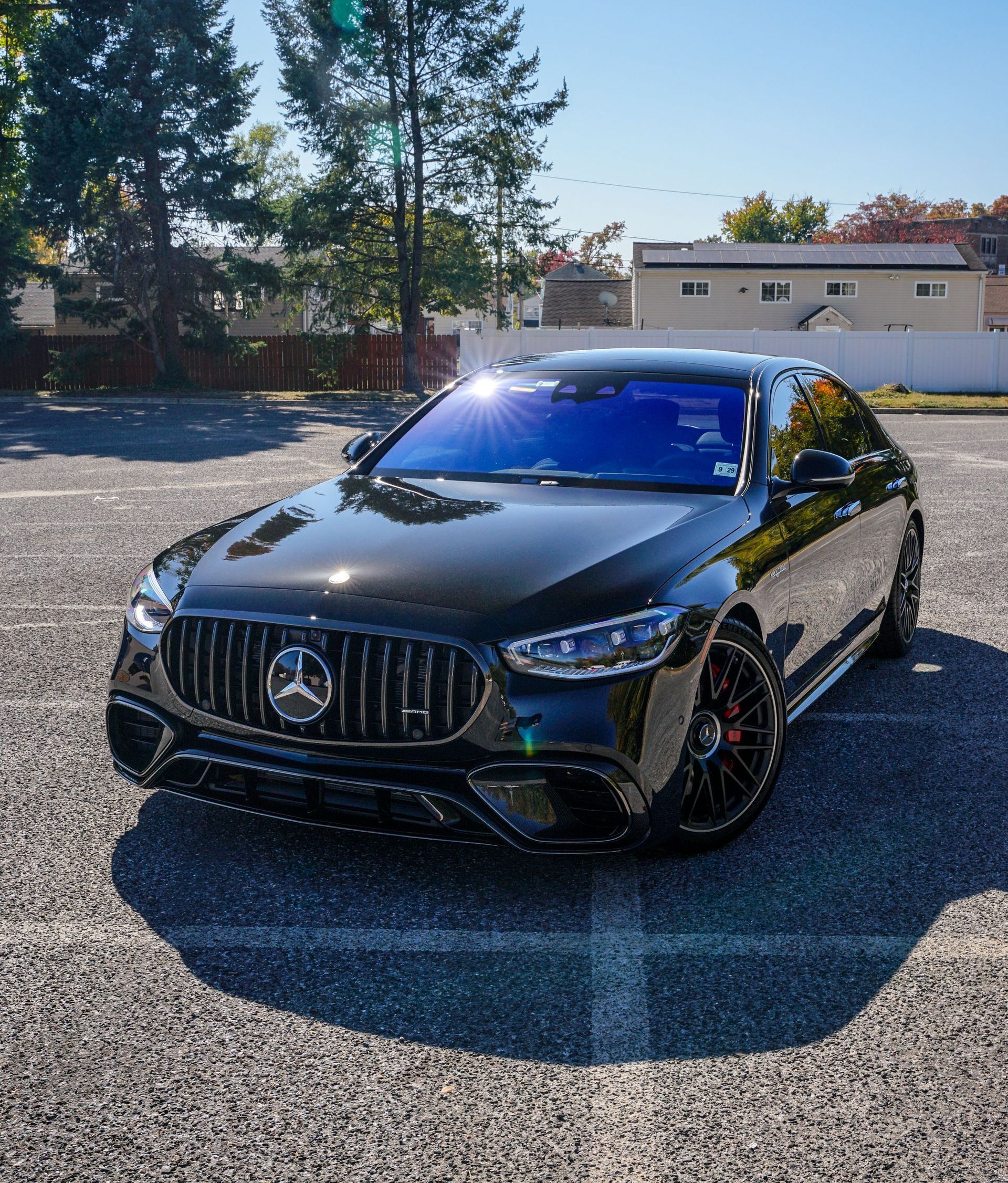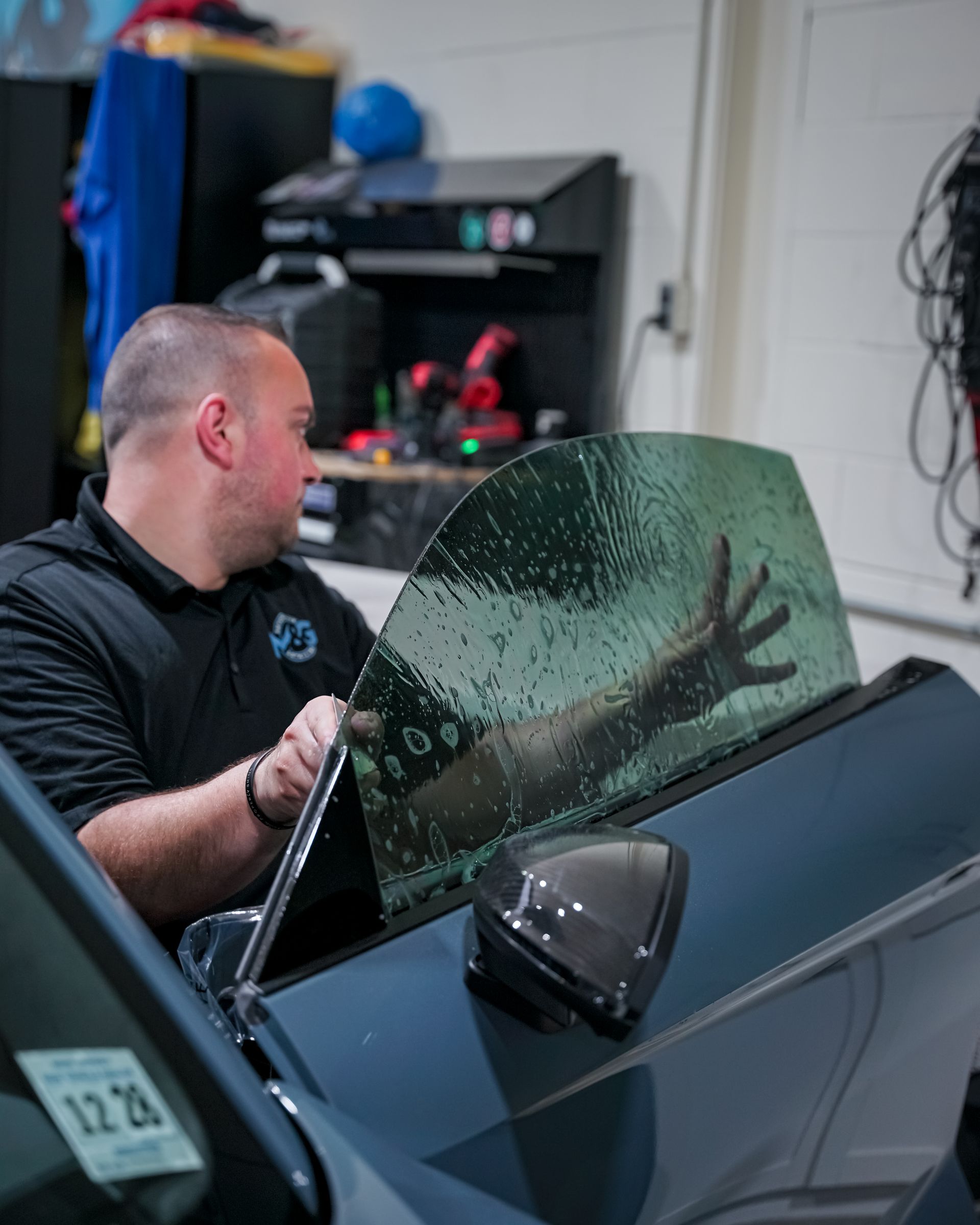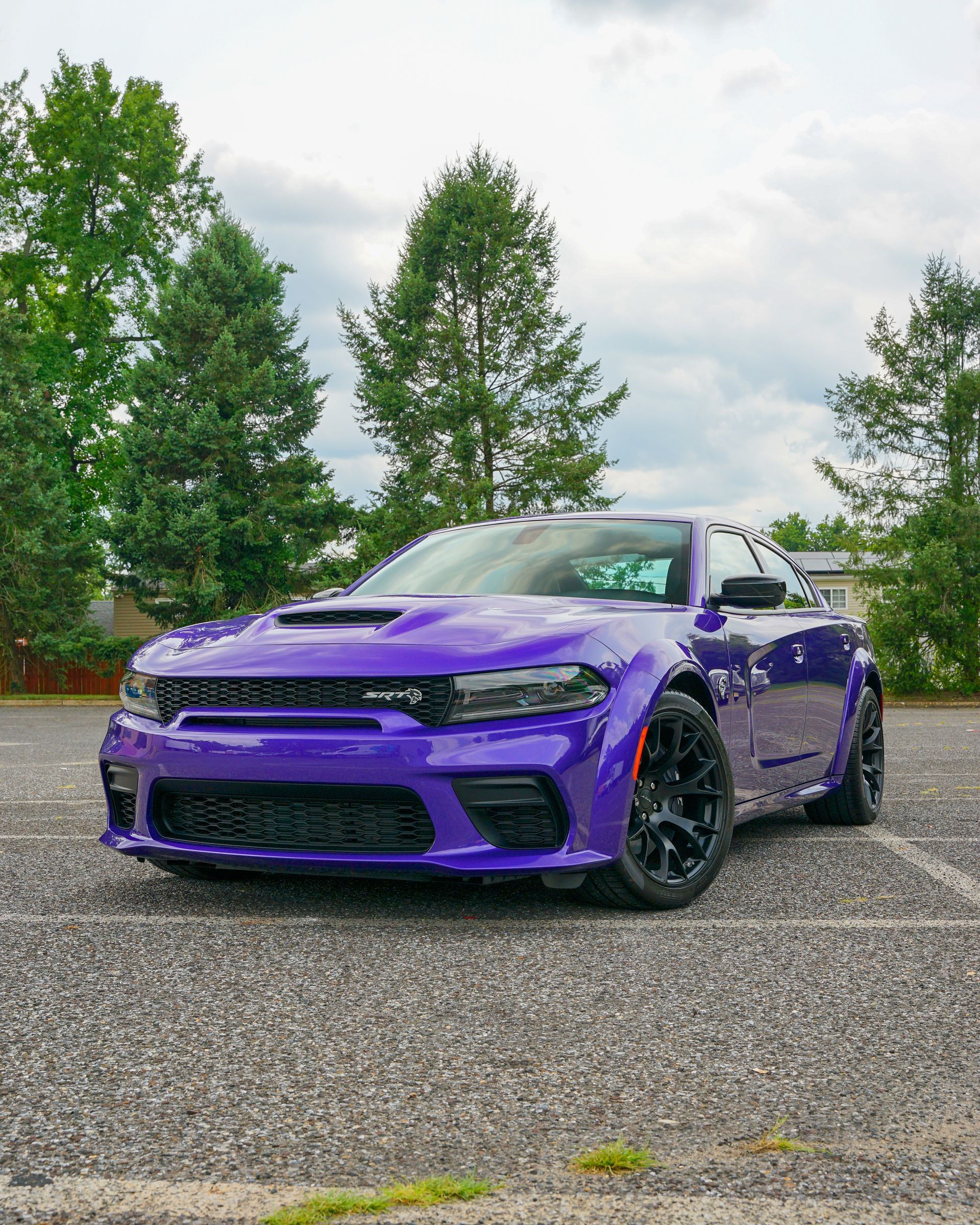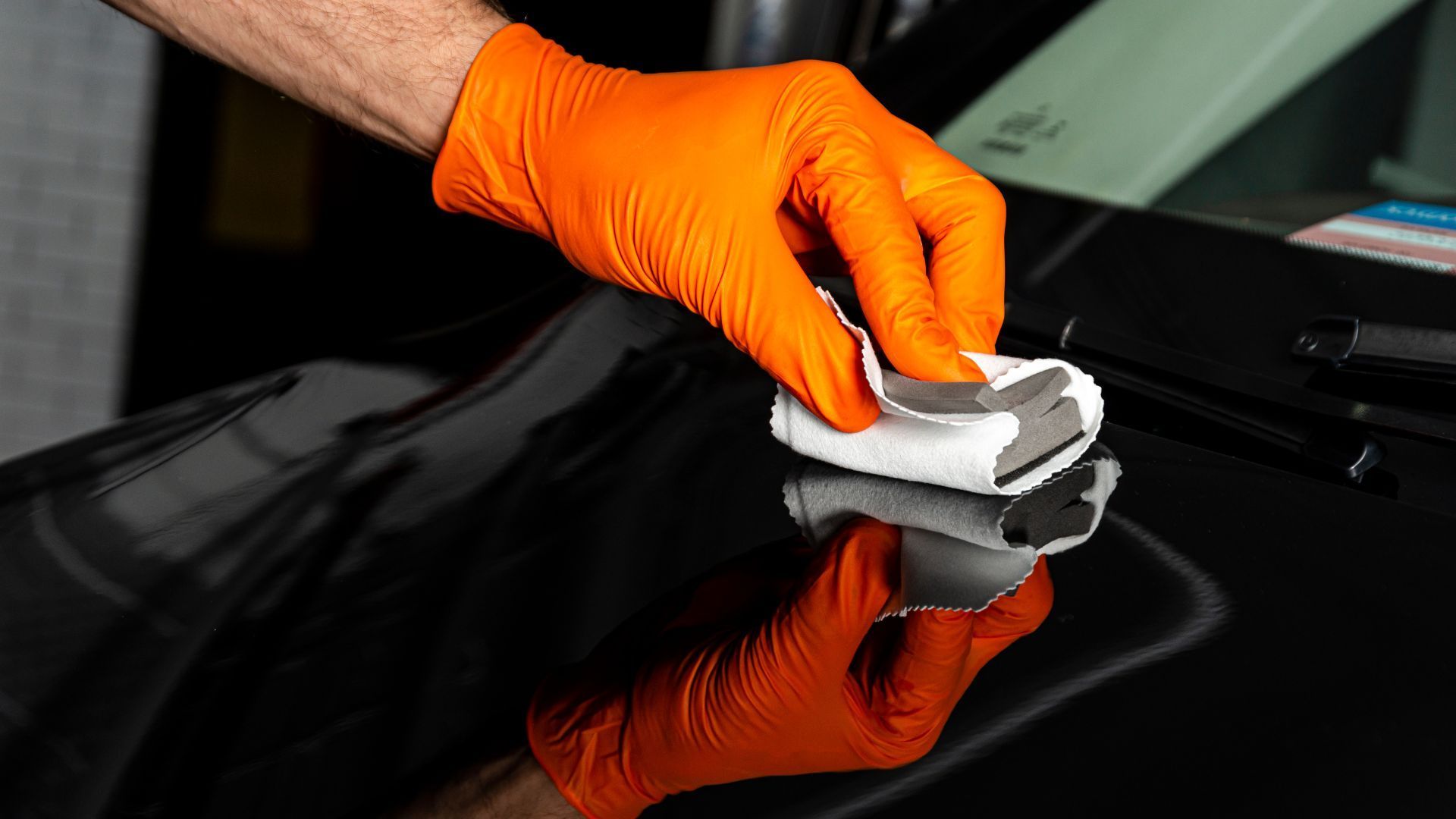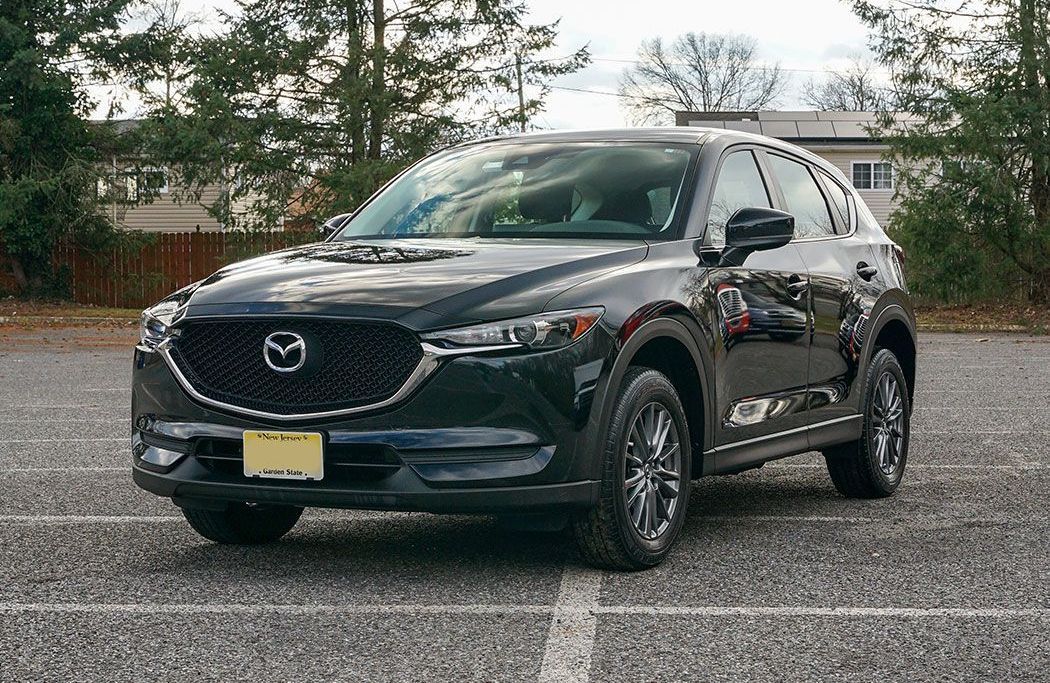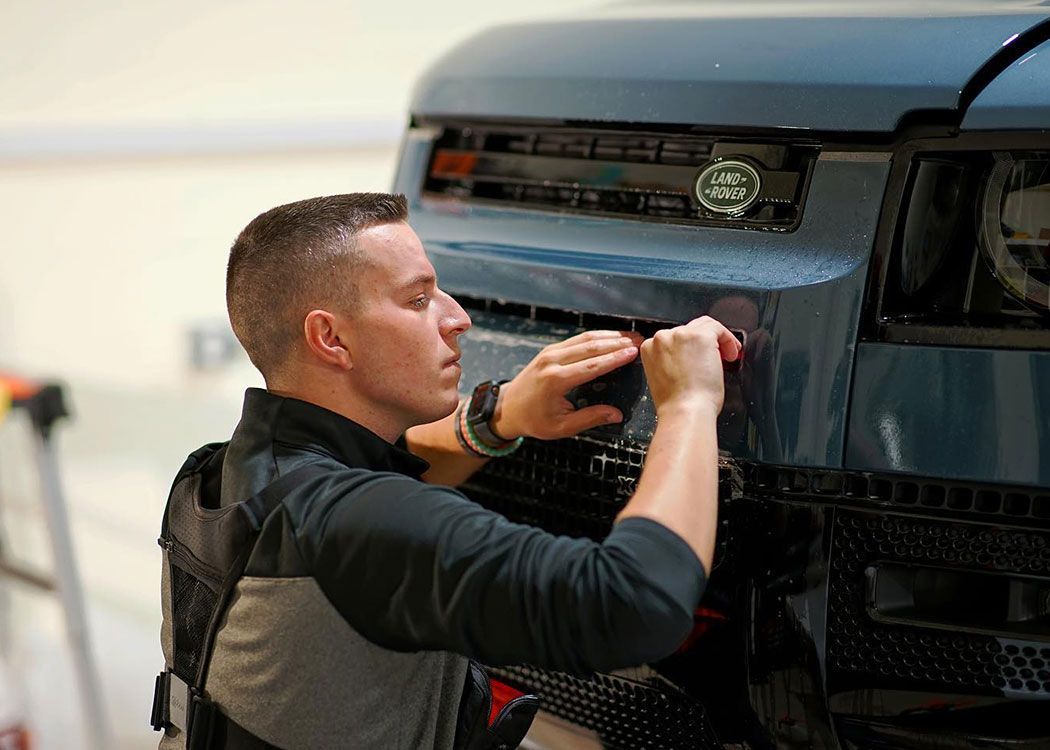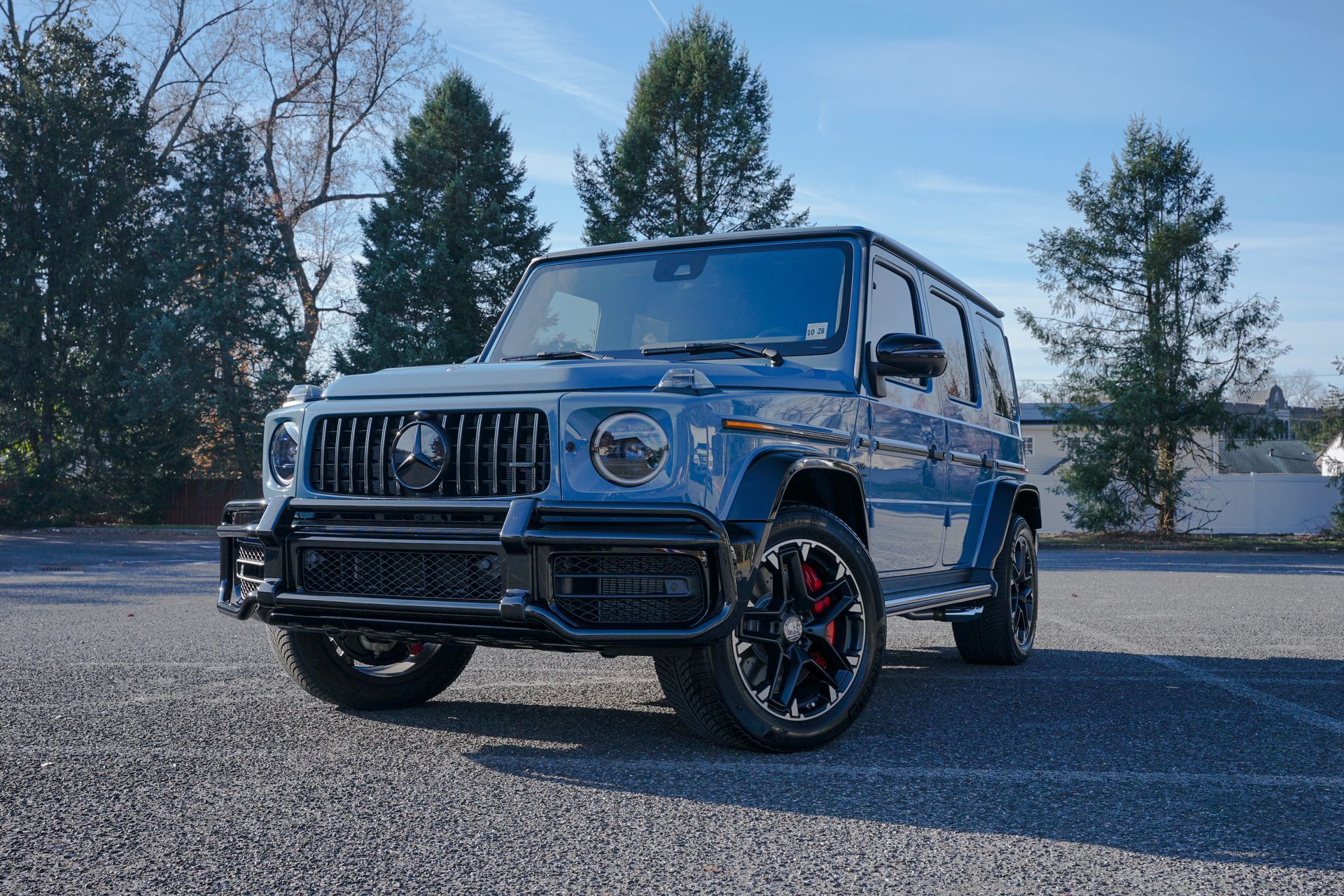Is Ceramic Coating Right for Older Vehicles? A Guide to Protection and Longevity
When it comes to caring for older vehicles, many owners find themselves wrestling with the best ways to maintain both appearance and protection. You may be wondering if investing in options like ceramic coating is truly worth it, especially when your car has already seen a few years on the road. Ceramic coatings are not limited to shiny new models; they can revitalize your beloved classic or daily driver.
Yes, ceramic coating is suitable for older vehicles as it provides significant, long-lasting protection against environmental factors while enhancing the car's appearance. Many owners of older cars report that ceramic coatings simplify maintenance and help protect against environmental contaminants, making it a valuable investment regardless of a vehicle's age.
What is Ceramic Coating?
Ceramic coating is more than just a shiny layer on your car; it represents cutting-edge technology designed to protect your vehicle’s exterior from various environmental factors. A liquid polymer, it is meticulously applied by hand to the outside of your vehicle, where it forms a chemical bond with the factory paint. This creates a defensive layer that can endure many years when done correctly. Imagine having an invisible shield around your car that not only enhances its appearance but also protects it from everyday wear and tear. Interestingly, the concept of ceramic coatings isn't brand new. It emerged from industries like aerospace and electronics, where durability against severe conditions is a must. The adaptation of this technology to automotive use speaks volumes about its efficacy; after all, if it can withstand the demands of space travel or extreme electrical environments, it certainly has what it takes to safeguard your car.
Properties of Ceramic Coating
The primary ingredient is Silicon Dioxide (SiO2), which lends hardness and durability to the finished product. Beyond SiO₂, other additives like Titanium Dioxide (TiO₂) serve critical functions as well, notably enhancing UV protection. This multifaceted approach ensures that various aspects of your vehicle are protected.
Benefits for Older Cars
Older cars often wear the marks of time—faded paint and dull finishes—but ceramic coatings can address these issues effectively. By applying this advanced protective layer, car owners can preserve their vehicle's allure while simplifying maintenance tasks. One of the first noticeable changes is enhanced appearance. The deep luster that emerges after application is comparable to giving your vehicle a fresh coat of paint.
- Protection Against Environmental Damage: Ceramic coatings provide impressive layers of defense against environmental factors that can wreak havoc on an older vehicle’s exterior. Vehicles coated with ceramic experience approximately 70% less oxidation, translating to diminished UV-induced deterioration of paint over time. Imagine leaving your car parked under the sweltering sun for hours, only to return to find it has weathered less than its untreated peers—a significant advantage for anyone living in sunny climates! This protective barrier fortifies the vehicle against fading, ensuring that vibrant colors remain true longer.
- Corrosion Resistance: For older models particularly susceptible to rust and decay, the protective features of ceramic coatings cannot be understated. The layer acts as a shield against salts and contaminants, essential for vehicles navigating winter roads treated with salt or driven near salty seaside areas. Without this barrier, corrosive elements bond with the car’s surface, leading to lasting damage that compromises both function and appearance. Once treated with ceramic coating, many owners notice their vehicles seem more resilient—smudge-free from road debris and unfazed by inclement weather.
These combined benefits—improved aesthetics, protection from environmental hazards, and enhanced corrosion resistance—make it clear why ceramic coating is an excellent choice for older cars, debunking myths surrounding its exclusivity to newer models.
Comparing to Traditional Wax
Traditional wax and ceramic coating may share the same goal of protecting your vehicle, but they play out quite differently on your car’s surface. Applying wax is akin to donning a lightweight raincoat on a cloudy day; while it provides some protection, it is not sufficient to keep you dry during a storm. Wax typically offers protection that lasts only two to three months, often leading to a never-ending cycle of reapplication. This process can be particularly frustrating for owners of older vehicles who want to maintain their cars without constant worry.
Durability
The longevity of ceramic coatings is one of their significant advantages. While traditional wax demands frequent upkeep—requiring your attention every few months—ceramic coatings can shine for years at a time. Imagine not having to think about reapplying a protective layer for three whole years! This means less time spent maintaining and more time enjoying the drive. For older vehicles, where surface imperfections can be particularly evident, having a longer-lasting protective option like ceramic coating can help preserve their appearance while simplifying maintenance.
Cost Comparison
- Ceramic Coating: The upfront cost ranges from $800 to $1,000, averaging about $400 per year over three years when factoring in long-lasting benefits.
- Traditional Wax: In contrast, you might pay only $20 to $30 per application, but needing approximately four applications per year adds up to around $80 to $120 annually.
While you may initially feel the pinch with ceramic coating’s high installation cost, over time, it becomes remarkably economical. It provides significant savings through decreased maintenance and superior protection that rarely requires intervention outside of occasional washes.
Application Process Explained
Correctly applying ceramic coatings is essential for their effectiveness and long-lasting performance; it can be a transformative experience for any older vehicle. The journey begins with thorough preparation. The process is not just about aesthetics but about creating the ideal surface for the coating to bond. You’ll need to wash the vehicle meticulously, ensuring that every speck of dirt and grime is removed. Even the tiniest debris can hinder adhesion. Following this wash with a clay bar treatment is ideal; this step removes embedded contaminants that typical washes might leave behind, leaving your car’s surface feeling silky smooth.
- Preparation: Once you've prepped your vehicle, it’s time to look at paint correction. This crucial step involves buffing out imperfections, which are especially common on older vehicles. Using a dual-action polisher paired with an appropriate polish can make a world of difference. It may take significant time—anywhere from two to eight hours depending on the condition of the paint—but it's worth the effort. A smooth, flawless surface is imperative for optimal coating performance; otherwise, those imperfections will be sealed under the ceramic layer.
- Paint Correction: During the application phase, take your time. Using an applicator pad, dab a small amount of ceramic coating onto the surface and apply it in small sections, working in a cross-hatch pattern. This method ensures even coverage and enables you to monitor how much product is being used. Be patient—rushing this step could lead to uneven application or missed spots.
- Application: After applying the ceramic coating, allow it to cure properly. This means letting it sit undisturbed in dry conditions for 24-48 hours. Curing is vital because it allows the coating to chemically bond to the surface of your vehicle, achieving maximum hardness and durability. Think of it as giving your newly coated car a little rest before its big debut—this waiting period pays off in longevity.
Cost and Investment
Evaluating the cost of ceramic coating for an older vehicle is more than just looking at the numbers; it's about weighing immediate expenses against long-term benefits. With professional application prices typically ranging from $800 to $2,000, many car owners might feel a little taken aback at first glance. However, this upfront cost can be seen as an important investment rather than simply an expense. Think of it as purchasing insurance for your car’s paint job—the protection provided can save you from frequent waxing or costly paint repairs down the road.
Upfront Cost
A professional application generally falls between $500 and $1,000 for sedans and compact cars, while SUVs or crossovers may cost around $800 to $1,500. For larger vehicles like pickup trucks, pricing can climb to $1,200 to $2,000 or more. This initial outlay not only secures a strong protective layer but also safeguards your vehicle against environmental threats like UV rays and dirt that could otherwise degrade its aesthetic appeal. Furthermore, actual costs can vary based on several factors, such as the size of your vehicle and the condition of its paint before application. If your car’s surface shows signs of wear, you might need additional preparations—like paint correction—which can elevate the final bill. However, these extra steps are usually worth it since they establish an excellent foundation for the coating's adhesion and effectiveness.
Long-term Savings
The beauty of this investment shines through when you consider the long-term savings associated with ceramic coatings. Survey data has shown that owners often report a staggering 50% reduction in paint maintenance costs over three years post-application. Imagine cutting down on your regular detailing expenses while enjoying a car that not only looks fantastic but also resists everyday wear and tear. It’s like having a Force Field around your beloved vehicle! Rain, dust, and all those pesky elements simply slide off without causing damage or staining. Every time it rains or it comes time for a wash, you’ll appreciate how much more manageable caring for your car has become.
Beyond savings on maintenance costs, it’s also essential to think about the potential increase in resale value due to preserving the quality of your vehicle's paint. A well-maintained exterior can make a significant difference when it’s time to sell or trade in your car—often fetching higher offers than vehicles that lack such protective measures. Given these investments, making an informed decision involves understanding not just how much you’ll pay upfront but considering how much you could save—and even earn—over time by protecting your investment properly.
Making the Right Choice
Deciding to invest in ceramic coating isn't a one-size-fits-all answer; it demands thoughtful consideration of what you want out of your vehicle. If your older car, like a 2013 Honda Pilot or a 2006 Subaru Baja, is still running strong and has its original paint in decent shape; ceramic coating can elevate its aesthetic appeal while providing an extra layer of protection against environmental elements. Imagine driving around with a gleaming finish that looks good and makes routine maintenance a breeze! It’s almost like giving your car a shield—one that repels dirt, water spots, and even environmental.
On the flip side, traditional waxes provide a level of protection, albeit with more frequent reapplication required compared to ceramic coatings. Regular waxing can be labor-intensive; if you have limited time and want a solution that maintains your car's shine between details, ceramic coating is the best option. Plus, consider this: many users note that with the application of ceramic coatings, they’ve reduced their wash frequency by nearly 30%. That's less time spent cleaning and more time enjoying the open road! Of course, one should not overlook other considerations such as budget and professional advice. Hiring a reputable detailing service is often recommended rather than attempting a DIY approach unless you're equipped with the appropriate tools and skills. Scheduling an appointment allows professionals to tailor their recommendations based on factors specific to your vehicle.
Thus, before making any decisions, it’s essential to reflect on how much value you place on aesthetics versus practicality. If your car holds sentimental value—perhaps it once took you cross-country or belonged to a cherished family member—investing in premium protection might feel justifiable. Ultimately, weighing these considerations against your own priorities ensures that whatever choice you make will align with both your heart and wallet.
Top Ceramic Coating Services in Cherry Hill, NJ
Protect your vehicle with premium ceramic coating services from M&G Automotive Detailing in Cherry Hill, NJ. Our expert team applies
high-grade coatings that shield your paint from UV rays, road grime, and environmental contaminants—keeping your car looking glossy and well-maintained with minimal effort. Whether you drive daily or show off on weekends, our ceramic coatings provide the durable defense and sleek finish your vehicle deserves. Contact us today to
schedule your ceramic coating appointment!
